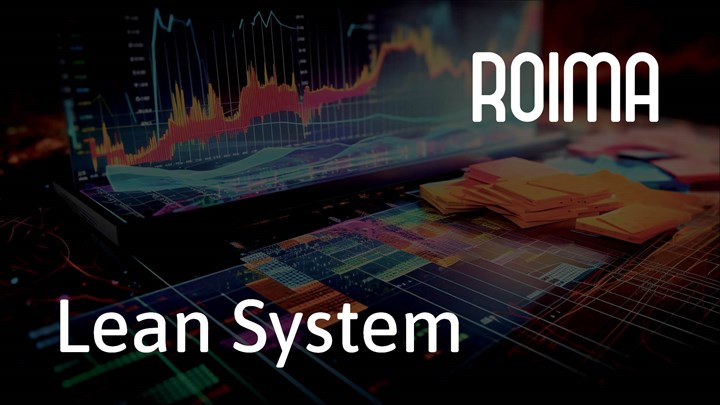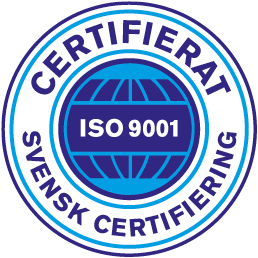Developing a Smart Factory: The advantages of WMS and MES integration
Creating a smart factory in modern manufacturing is critical for increasing productivity, lowering costs, and improving product quality. Integrating various software systems can assist manufacturers in effectively managing their manufacturing processes, and two main software solutions that can assist in achieving this are Warehouse Management System (WMS) and Manufacturing Execution System (MES).
WMS handles warehouse operations like inventory monitoring, order fulfillment, and shipping, whereas MES handles and monitors manufacturing activities like production scheduling, resource allocation, and quality control in real-time.
Manufacturers profit from the integration of WMS and MES in a variety of ways, including:
Increased visibility
WMS and MES give businesses greater visibility into their manufacturing operations. Manufacturers can track inventory levels, production schedules, and resource allocation in real-time, allowing them to immediately change their manufacturing operations.
Resource allocation optimization
By delivering real-time information regarding material handling, inventory levels, and manufacturing schedules, WMS and MES enable optimal resource allocation. This information can be used to plan resources like personnel, equipment, and materials to eliminate bottlenecks and sustain continuous operations.
Quality assurance
With real-time updates on product issues, quality control data, and production schedules, WMS and MES can help enhance quality control. With the use of this info, the entire manufacturing process can be adapted, minimizing the volume of defective products produced while raising overall product quality.
Cost saving
Manufacturers can with WMS and MES integration save money by streamlining their manufacturing processes. Manufacturers can also minimize bottlenecks, reducing manufacturing delays, and preventing stock-outs.
Optimized efficiency
Finally, WMS and MES can boost productivity with real-time data and insights into manufacturing operations. Manufacturers can make informed decisions about their manufacturing schedules, resource allocation, and inventory management, resulting in a more efficient manufacturing process.
In conlusion
The integration of a Warehouse Management System (WMS) and Manufacturing Execution System (MES) is crucial for developing a smart factory that is productive, cost-effective, and efficient. MES and WMS also work in tandem with ERP systems to enhance visibility and optimize resource allocation.
For manufacturers seeking to streamline their manufacturing processes, it’s essential to integrate MES, WMS, and ERP. Our Lean System MES and FidaWare WMS solutions are not only effective but also offer the benefits of being Software as a Service (SaaS). Contact us to learn more about how our cloud-based solutions can help you gain a competitive edge in building a smart factory.
-
Lean System
Lean System
Additional text for product card: Modulaarinen ERP tehostaa teollista tehokkuutta reaaliaikaisilla tiedoilla, ketterällä suunnittelulla ja pilvi-/paikallisjärjestelmäkäytöllä.













